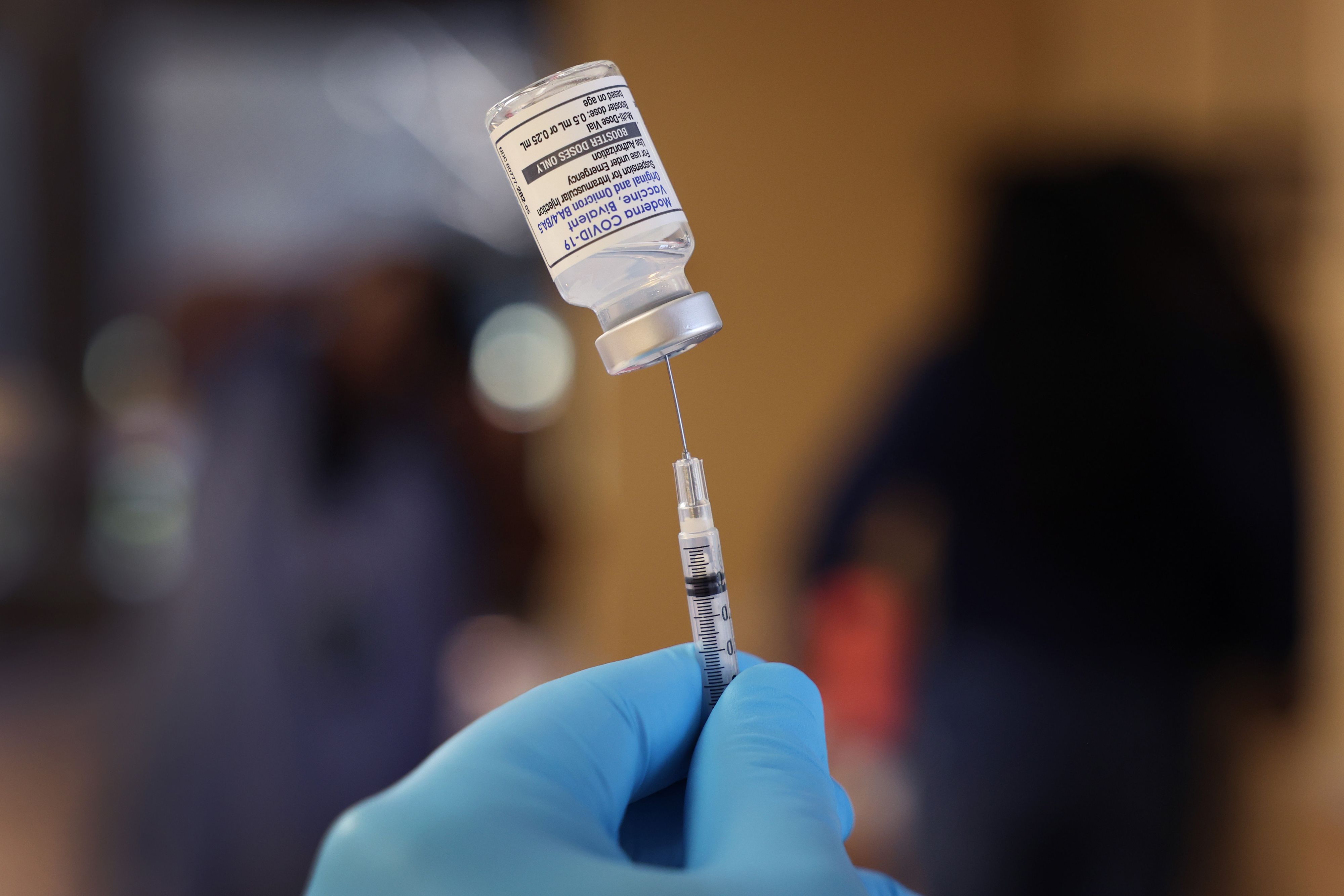
An FDA vaccine advisory panel on Thursday discussed options to simplify and routinize the covid-19 booster. Here’s everything you need to know.
The future of COVID-19 booster doses
So far, over 90 percent of the American population has been vaccinated, infected, or both. This means the level of protection against a severe case of covid is much higher than in December 2020. “With vaccines and boosters authorized incrementally for different vaccines and different age groups as the SARS-CoV-2 virus continued to evolve, there are now more than a dozen vaccines and schedules,” stated Dr. David Kaslow. Dr. Kaslow works for the US Food and Drug Administration (FDA). The organization is hoping to simplify vaccine options to provide smoother options for shots once a year and cope with the evolving SARS-CoV-2.
Moreover, instead of providing direction, the vaccine committee’s decision was aimed at informing the FDA. Further changes must be ratified by the commissioner. Additionally, the director of the Centers for Disease Control and Prevention (CDC) is in charge of implementing the strategy following a meeting of another advisory panel. On Thursday, the committee took a unanimous vote to support shifting to a consistent vaccine target.
More on the single vaccine target
Currently, those receiving the vaccine for the first time will receive a vaccine targeted only at the original SARS-CoV-2 virus. The covid-19 booster is aimed at the original and omicron variant viruses. However, if approved by the FDA commissioner, all shots will be targetting the same variants. The committee did not make a recommendation on who should take the bi-annual shots. However, data reveals people over 75 are extremely vulnerable but, the risks begin around 60 years.
Additionally, the level of risk can vary depending on the conditions. People with immunocompromised such as diabetes, cancer, etc may have a higher risk for a severe case. “Several committee members emphasized that the focus of COVID-19 vaccination should be on preventing severe disease, not all infections. Tetanus vaccines, for instance, do a good job of preventing disease, but not an infection,” stated Dr. Arthur Reingold. Dr. Reingold is a member of the committee and an epidemiologist at the University of California, Berkeley.
